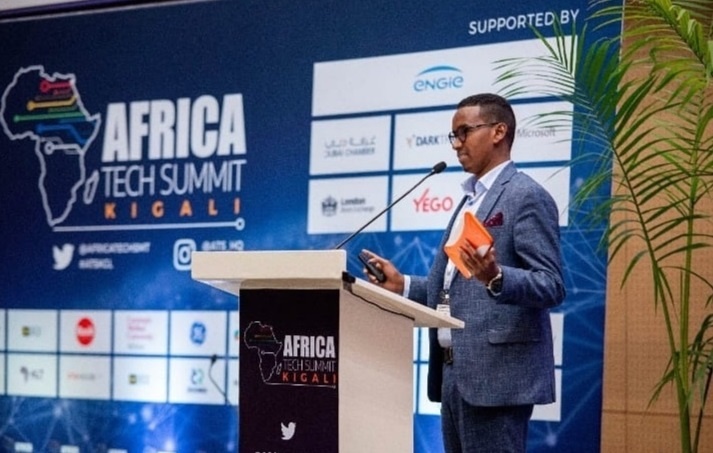Ed-tech mobile app M-Lugha, developed by Kenyan startup Northfront Technology, is translating the Kenyan syllabus into indigenous languages to advance education in rural areas.
Northfront Technology develops interactive educational content for primary school and secondary schools, with its flagship product being M-Lugha, an interactive, offline multilingual app that translates the Kenyan syllabus into indigenous languages, of which there are more than 60.
“It is in line with the language policy in Kenya, which advocates for the use of the indigenous languages up to grade three,” said Abdinoor Alimahdi, the startup’s founder.
“M-Lugha is designed for rural and pastoral communities to help them with language competency and improve the quality of education.”
The startup installs the offline app onto seven-inch tablets alongside other open source educational apps, which it then sells to schools and local authorities. It is active in in three regions at present – Nairobi, and the north-eastern counties of Wajir and Garissa.
Alimahdi knows he is tackling a very large market, which is in need of a solution like M-Lugha. There are 2 versions of the app – a free version with 4,000 active users and a paid version with 100. The startup has ambitious growth plans.
“We have 47 counties in Kenya, and each county has an average of 15,000 early childhood development centres,” he said.
For now though M-Lugha, which pitched at Africa Tech Summit Kigali back in February, remains in limbo, due to a combination of government regulations and the COVID-19 pandemic. Alimahdi said feedback and initial uptake had been better than expected, but obtaining approval from the Kenyan Ministry of Education was proving a stumbling block.
“Getting ministry approval is long and tiresome. The ministry through the Kenya Institute Of Curriculum Development requested US$20,000 for approvals. Once I get approved, I can partner with the national government, county government, institutions and NGOs to reach out to users,” he said.
Without that approval, progress is slow.
“Currently we are not making so much revenue since we need funding to improve and upgrade the platform,” said Alimahdi.
Funding, then, is necessary, but here COVID-19 has hindered M-Lugha.
“Before the coronavirus pandemic, I was about to sign an MOA with one of the counties where I was to design an e-learning platform for the entire county. Through that project, I would have been paid the US$20,000 required for the approval. But unfortunately the project was disrupted by COVID-19,” Alimahdi said.
He is, however, confident his solution is a necessary one, and that one funding is secured, approvals can be gained for rollout across the country and into other markets.
“We want to develop mother tongue-based digital content for 50 indigenous languages as well as for grades one, two and three. We are also planning to venture into the East African market,” he said.


